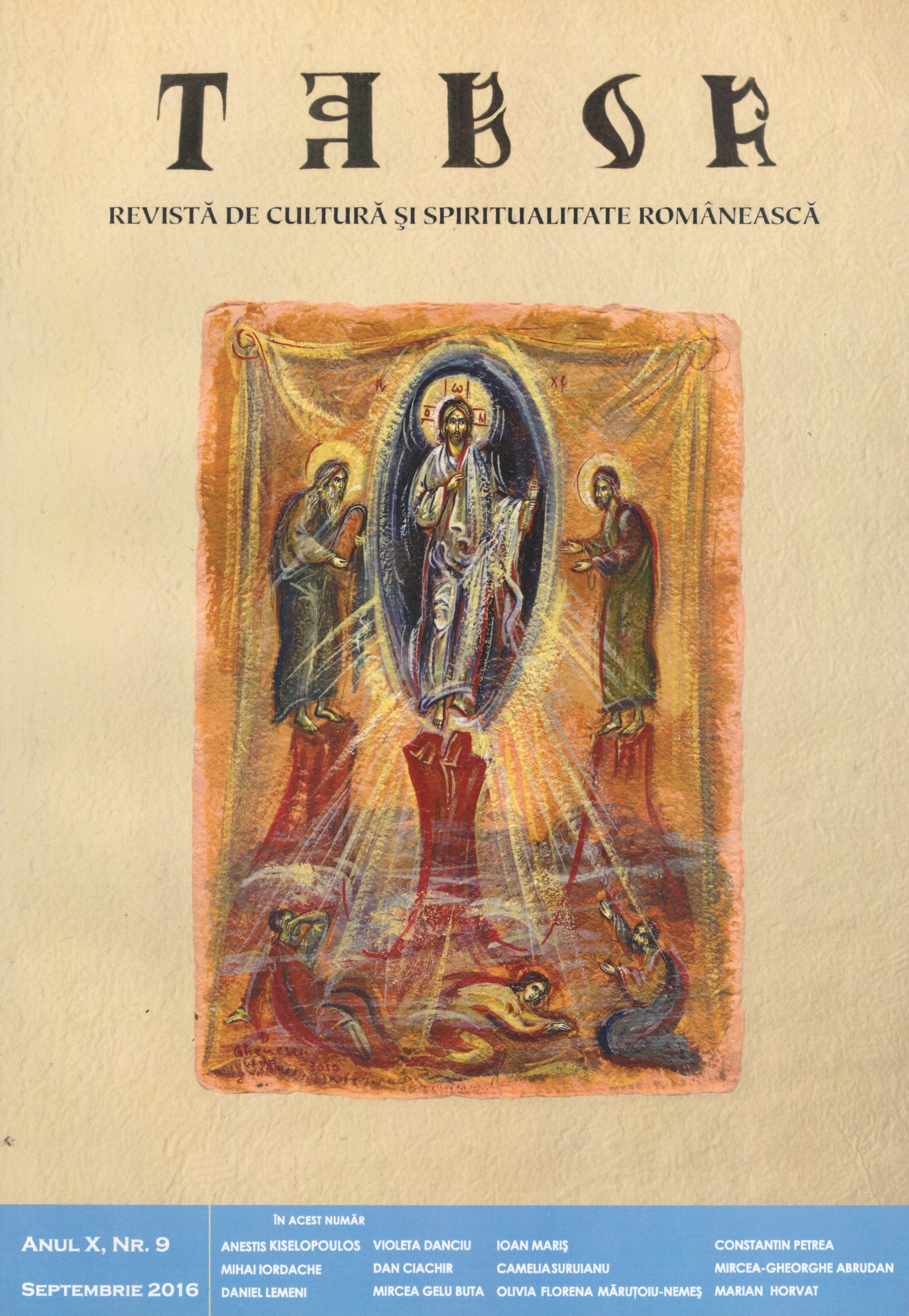Lupta duhovnicească, conform părintelui Sofronie
The spiritual struggle according to elder Sophrony
Author(s): Anestis KiselopoulosContributor(s): Florin-Cătălin Ghiţ (Translator)
Subject(s): Pastoral Theology
Published by: Renaşterea Cluj
Keywords: Elder Sophrony; Christ; God; Holy Spirit; The spiritual struggle;
Summary/Abstract: This paper addresses the subject of spiritual struggle as dealt with in the works of Elder Sophrony. The scope is limited to the Elder’s written works because he hid his spiritual struggles and did not allow those close to him to speak of them. It was only near the end of his life, when he was certain that he would not be injured by the judgments and praise of people, that he decided to write down his experiences for the edification of the Church. The written accounts of the Elder’s experiences are mostly found in his book We Shall See Him as He Is. Father Sophrony recognizes the difficulties and the hardships of the spiritual struggle, while at the same time affirming the importance of this struggle. The first stage of the spiritual struggle is man’s recognition of his salvation and of his need to overcome spiritual carelessness. This is particularly important because all of humanity, except for a few exceptions, lives in a state of spiritual carelessness, as people have become indifferent regarding their salvation. God created us from nothing, „in the image” of the Absolute and “according to the Hkeness” of God. If we accept this truth, then we should realize that absence of care for our salvation is nothing more than the death of the person. The Elder’s experience taught him that it is a painful struggle to overcome the passions that prohibit the approach of the Light and the presence of God in us. He also notes that an important aspect of the spiritual struggle is the preservation of the grace that accompanies God’s call, which is directed towards all people who were given the honour, gift, and the possibility of resembling God. Just as man’s whole being is a gift of God’s goodness, in the same way the visitation of His grace is a gift of His consent, while man’s synergistic response to this grace is expressed through one’s difficult and drawn out struggle. Because pride is the main obstacle to man’s illumination through the Holy Spirit, the struggle for humility and self-emptying, against pride and egoism, is the essence and centre of the spiritual life. Father Sophrony stressed that “we need to enter into deeper selfemptying through [spiritual] struggle, to drink the cup to the very end, just as He [Christ] drank it.” He also stresses that selflessness is a necessary presupposition for the daily struggle for humility, while the goal of the spiritual life cannot be other than the acquisition of the grace of the Holy Spirit. The grace of God comes when we consider ourselves unworthy of it. Because sin is always a sin against the love of God and is expressed as a distancing from Him, and a turning of our will towards the passions, repentance must be the Christian’s continuous struggle. For, as long as awareness of the deeper essence of sin is absent, of pride that is, and as long as the root of evil remains indomitable, man’s tragedy continues and grows. For this reason, what is important in the spiritual struggle is for man to keep his relationship and communication with God alive. This will guide him to a widening of his heart in love and prayer for all people, for the whole Adam. Finally, our struggle as Christians is to learn to live the eternal life of God Himself. In the final analysis this is theosis, to live as Christ lived, especially during the final moments of His earthly life. In this way, we follow the path of the Lord. This needs to take place freely, for man’s theosis presupposes that he is freely placed before eternity. This was how Elder Sophrony himself lived, “free in this martyric struggle and at the same time full of inspiration.” This is witnessed through his texts, as well as from his life, which was full of spiritual gifts.
Journal: TABOR. Revistă de cultură şi spiritualitate românească
- Issue Year: X/2016
- Issue No: 09
- Page Range: 5-11
- Page Count: 7
- Language: Romanian
- Content File-PDF

